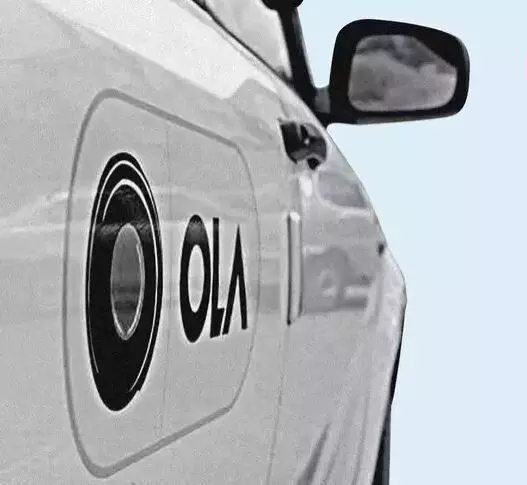Ola has resumed its bike taxi services in Bengaluru, opting for an all-electric fleet
On September 16, Ola Cabs announced the relaunch of its bike taxi services in Bengaluru, exclusively featuring Ola Electric's S1 scooters.
image for illustrative purpose

On September 16, Ola Cabs announced the relaunch of its Bike taxi services in Bengaluru, exclusively featuring Ola Electric's S1 scooters. Bhavish Aggarwal, co-founder and CEO of Ola, shared the news on X (formerly Twitter), emphasizing the switch to all-electric vehicles, saying, "Restarting Ola Bike in Blr today... This time, all-electric and our own S1 scooters!"
The pricing structure for these bike taxi rides has been set at Rs 25 for a 5-kilometer journey and Rs 50 for a 10-kilometer ride. Aggarwal also highlighted the affordability, comfort, and environmental benefits of the service, with plans for a nationwide expansion in the coming months.
This decision by Ola comes at a time when bike taxi services have been facing scrutiny from various state governments, including Karnataka, which have been considering bans on such services. Karnataka's State Minister, Ramalinga Reddy, recently stated the state's intentions to permanently ban Rapido bike taxis.
One of the key concerns surrounding bike taxis has been the safety of riders, particularly women, and the transition to electric vehicles. Ola's move to go "all electric" aligns with evolving policies, including Karnataka's electric bike taxi policy implemented in July 2021. However, despite the policy's existence for over two years, no operator had initiated e-bike taxi services in Bengaluru until now.
The bike taxi policy aimed to improve first- and last-mile connectivity, especially for commuters traveling to and from metro, bus, and railway stations. Additionally, it aimed to generate employment opportunities and alleviate the challenges of dealing with autorickshaw drivers who often refused long-distance trips or demanded high fares.
The Federation of Karnataka State Private Transport Association, representing 36 bus, taxi, and goods vehicle unions, went on strike, demanding various rights and compensation, including the regulation of bike taxi services.
In February, the Delhi Transport Department issued a public notice to cease the bike taxi services offered by Ola, Uber, and Rapido. However, the Supreme Court, in June, upheld a Delhi High Court order allowing bike aggregators to continue operations until new regulations were established. The Delhi government committed to formulating a new policy by July 31.
Overall, Ola's transition to electric bike taxis represents a significant step in the evolving landscape of ride-sharing services, addressing environmental concerns while navigating regulatory challenges.

